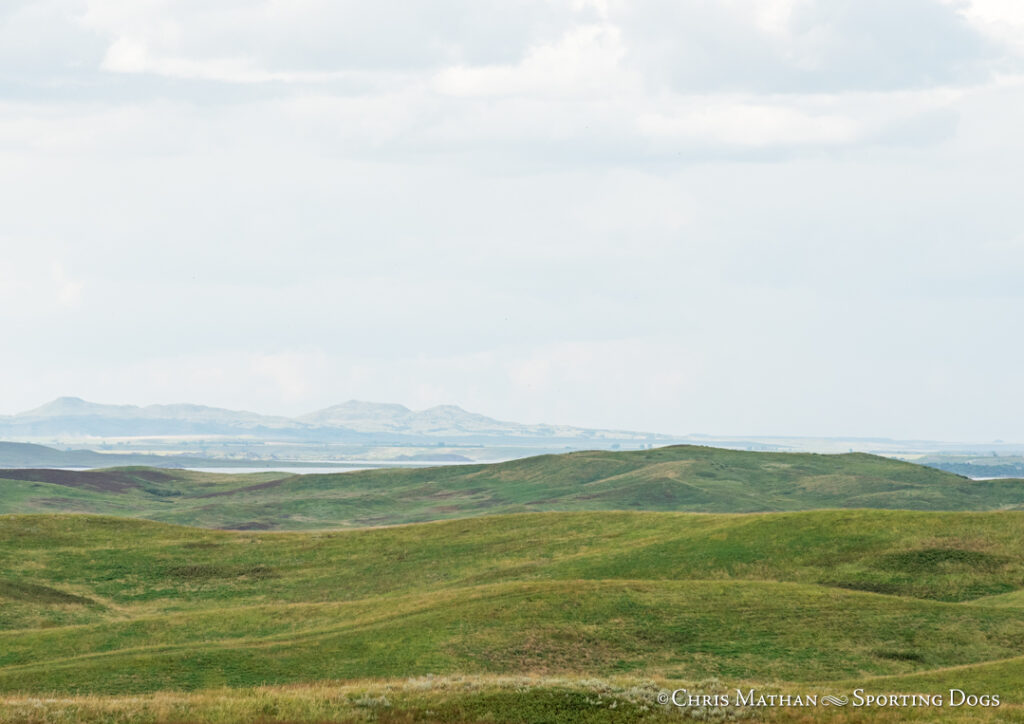Billy Cord was traveling north to train with scarce the money for gas, much less inevitable emergencies. His tires were thin, his muffler loud from rust leaks, his two-ton stock bed truck’s engine burning oil, all sure signs breakdowns threatened. Still, with temperatures in the 90s at home in Georgia, he had no choice, or so he told himself. So, he had packed up, bought a block of ice for each dog box, and struck out for South Dakota. It was July 1, 1946. In March he had mustered out of the Infantry a Corporal after service in Europe.
He hauled twelve puppies and derbies, no horses, having struck a deal with the rancher who owned the ground where he would train to use some young ones he’d bred and raised in exchange for breaking them. He hoped he would be cowboy enough but was far from sure of it. He drove alone, for his summer help would be the rancher’s 15-year-old son. He would pick up three more meat-dog pups on his way.
His first bad break came in Ohio, just north of Cincinnati. A rear tire blew, beyond repair. Buying a replacement new was impossible. A used tire? A recap? Unreliable. What must he do? He thought awhile and decided to try the old barber shop approach. It had worked before. Slim chance, but worth the try.
He asked a gas station attendant for the location of the closest one. Only two blocks away, a first bit of luck. He was granted permission to leave his truck parked beneath a shade tree behind the gas station.
It was a Saturday, and as he had hoped the barber shop, marked by the ubiquitous rotating striped, red, white, and blue vertical tubular sign, was filled with patrons, four of its five barber chairs occupied and another seven captain’s chairs for waiters also. Four barbers were at work, the front barber’s chair empty. The owner, working at the rear chair, greeted him heartily and bid him have a seat in the empty front barber’s chair. The owner noticed the pea whistle on his lanyard.
“Dog trainer, are you? Where from? “
“Yep, Albany, Georgia.”
“Where you headed?”
Billy had sized up the owner and his patrons. From their smiles, he figured several bird hunters were among them. He wasted no time, confessing his need for cash for a tire, offering stud services from either of the two all-age champions on his truck for $50. Then,
“If your bitch is not in season now you can Express her to me when she comes in. I’ll see she’s bred twice and ship her right back to you.”
Several patrons asked about his two studs. From their questions, he could tell they were not field trialers.
“Both were easy to break, are not run offs, are good bird finders.”
Half-truths at best.
Billy walked out in thirty minutes, $100 in greenbacks in his jeans. The buyers had his home address and phone number and the address of the ranch he was bound for.
